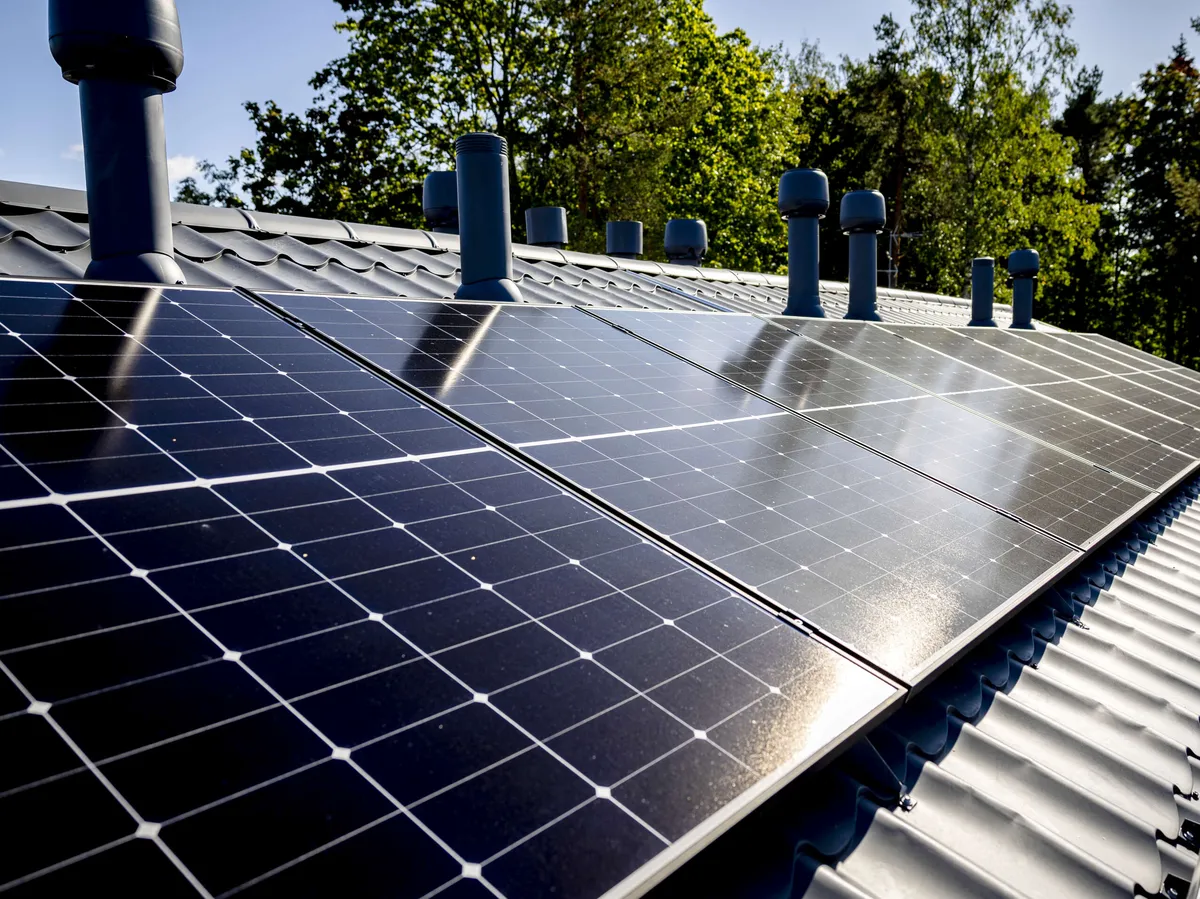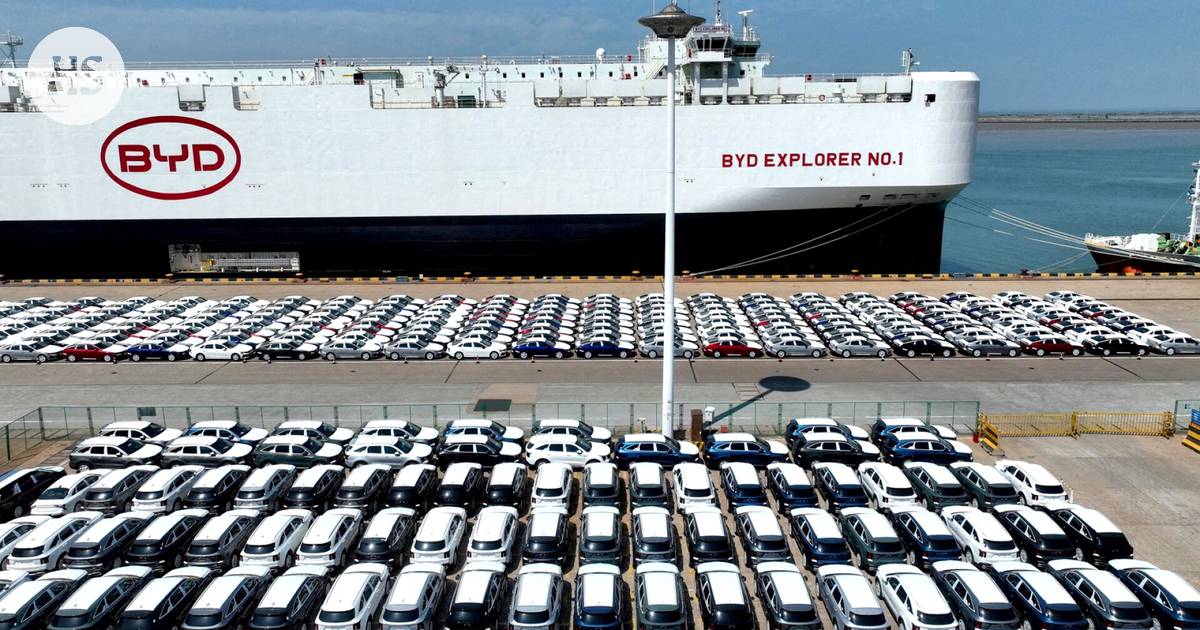In many societies, changes are often met with resistance, both technological and ideological. Wind power is a prime example of this pattern, where it was initially ridiculed but has now become a booming market worth over 200 billion euros. The same pattern can be seen in the transition to electric cars, where they were once ignored and laughed at before becoming a formidable force in the automotive industry.
Despite initial skepticism, the laws of physics make it clear that electricity is a cheaper and more sustainable option for transportation. As battery technology improves and prices decrease, electric cars are becoming more affordable and practical choices for consumers. This shift towards electrification is not just beneficial for individual car owners but also for the environment at large. Electric vehicles reduce oil consumption and CO2 emissions, contributing to a cleaner energy future. Additionally, they offer new possibilities for balancing the electricity market and integrating renewable energy sources.
In Finland, this transition to electric transport is gaining momentum as new models and innovations enter the market. Electric cars are now a viable option for a broader range of consumers, opening up opportunities for Finnish industries to lead in this growing market. The development of electric technology also creates new possibilities for Finland to become a pioneer in this transition towards sustainable energy solutions across various sectors such as transportation and heating.
As we embrace these changes towards electrification, we have the potential to reap the benefits of a cleaner, more efficient energy system that will contribute positively to our society’s progress.


